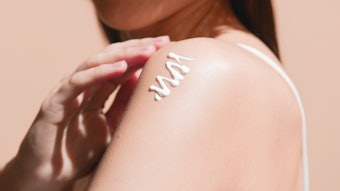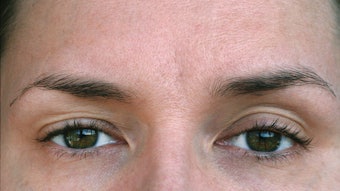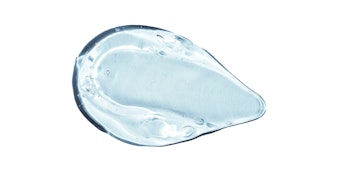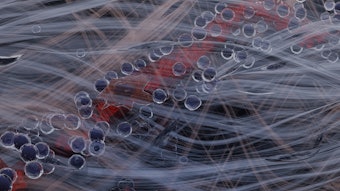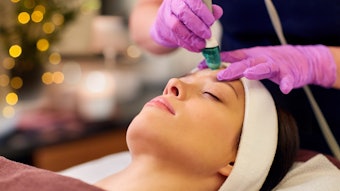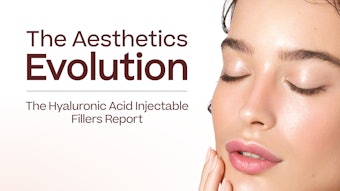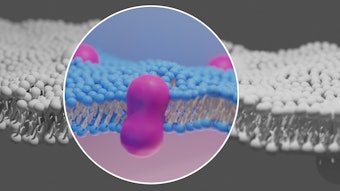
The American Academy of Dermatology (AAD) has released a list of five specific treatments and procedures related to skin health and care that are not always necessary. The list was developed as part of the ABIM Foundation’s (www.abimfoundation.org) Choosing Wisely initiative, which was developed to reduce the overuse of unnecessary medical tests and procedures by encouraging dialogue between patients and physicians.
The recommendations—which were developed by an Academy workgroup comprised of board-certified dermatologists and reviewed and approved by the Academy’s Council on Science and Research and the Academy’s Board of Directors—include:
1. Don’t prescribe oral antifungal therapy for suspected nail fungus without confirmation of a fungal infection. Approximately half of all patients with suspected nail fungus do not have a fungal infection.
2. Don’t perform sentinel lymph node biopsy or other diagnostic tests for the evaluation of early, thin melanoma because they do not improve survival. The five-year survival rate for patients with these types of melanoma is 97%, and there is a low risk of the cancer spreading to other parts of the body.
3. Don’t treat uncomplicated, non-melanoma skin cancer less than one centimeter in size on the trunk and extremities with Mohs micrographic surgery. In patients with skin cancer on certain parts of the body, the risks of this specialized surgical procedure outweigh the benefits.
4. Don’t use oral antibiotics for treatment of atopic dermatitis unless there is clinical evidence of infection. Antibiotic therapy has not been shown to reduce the signs, symptoms or severity of atopic dermatitis that is not infected.
5. Don’t routinely use topical antibiotics on a surgical wound. The use of topical antibiotics on a clean surgical wound has not been shown to reduce the rate of infection compared to the use of non-antibiotic ointment or no ointment. This recommendation does not apply to wounds received outside of a surgical office, for example, scraped knees or household accidents resulting in a cut or abrasion.
For more information on Choosing Wisely, visit www.choosingwisely.org.
Image copyright istockphoto.com

